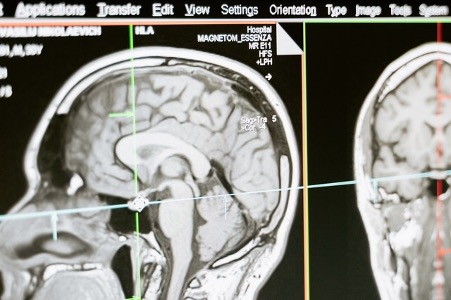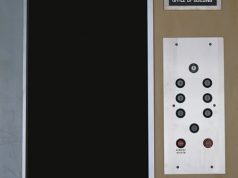Dr. Hanid Audish is the Director at Encompass Clinical Research. Encompass continually runs medical studies and Dr. Hanid Audish of Encompass has learned over the years what motivates participants to help the cause in defeating one ailment or another. In the article below, Dr. Audish explains why people volunteer.
Every year, researchers call upon thousands of willing participants to act as test subjects in medical studies. Dr. Hanid Audish of Encompass explains the reasons why people willingly volunteer are varied but include altruism, a sense of contributing to science, and financial compensation. In some cases, people may be seeking access to experimental treatments or wish to gain free healthcare.
Without eager participants, medical research would be impossible. Fortunately, the benefits of joining a medical study are often sufficient enough to draw in thousands of interested volunteers. Let’s explore some of these reasons and discuss how the benefits are worth the experience.
Volunteerism and Altruism
Dr. Hanid Audish of Encompass says that at first glance, medical research may sound frightening but it’s a vital scientific field responsible for bringing the latest and most cutting-edge technologies and treatments to the public. These studies are important for understanding the causes and treatments of many of the deadliest diseases.
Many volunteers feel a sense of duty providing their support for research that truly makes a difference in the world. Many feel a sense of contributing to science and helping their fellow man by participating in a study. Through their volunteerism, they can directly help another human who may be suffering from an illness or condition that currently lacks treatment.
Although the benefits are immaterial, Dr. Hanid Audish of Encompass notes that altruism and volunteerism have helped medical researchers explore new medications and techniques that otherwise would have stalled in the development stage.
Free Healthcare
Dr. Hanid Audish of Encompass explains that although many participants volunteer out of duty, a fair share of people join medical studies to access free healthcare. Many studies offer their participants free healthcare services during the duration of the study, including regular check-ups, tests, and treatments related to the study. This is especially enticing for anyone hoping to benefit from new treatments or medications.
Medical research—especially clinical trials—require patients who are already suffering from a particular disease or condition. This means that many studies are looking for participants that already have the disease or condition that’s being researched.
For many people already struggling with a health issue, the free healthcare services offered by the study can be a huge relief for participants who are already struggling to afford their care or who have hit a wall in their treatment. By participating in the study, they may improve or recover thanks to the research according to Dr. Hanid Audish of Encompass.
Financial Compensation
In some cases, participants in medical studies may even be reimbursed for travel and other expenses related to the study. Compensation for test subjects can vary depending on the study but can range from a few hundred dollars to several thousand dollars.
Dr. Hanid Audish of Encompass reports that while most studies would prefer to enlist patients already dealing with a medical issue, the financial compensation offered to participants can be an important factor in recruiting new volunteers. This financial incentive is usually enough to draw in new participants other than those seeking healthcare.
It’s important to note, though, that the use of compensation as an incentive in medical studies is a topic of debate. Some argue that test subjects shouldn’t be rewarded for their participation as it could create a conflict of interest. Others argue that the compensation offered is necessary to ensure that a wide variety of people participate in studies.
Curiosity
Dr. Hanid Audish explains that in every medical study, there’s always a small percentage of people who join out of sheer curiosity. Although this group is usually assigned to the placebo group, they’re still an important and effective sample of the entire study’s population.
The placebo group does not receive any active treatment and, while this may sound questionable, is responsible for proving without a doubt that the treatment or technique is effective. Dr. Hanid Audish of Encompass says by not receiving treatment, the placebo acts as a contrast against the experimental group.
Any change or effect in the experimental group not experienced by the placebo can be directly attributed to the treatment. This allows doctors and researchers to observe the positive and negative side effects of their new developments. Without this contrast, they’d never be able to pinpoint the treatments’ exact effects.
Although those who join out of curiosity largely don’t benefit from their participation, it does help educate a small group of the population. By welcoming them into the study, medical researchers are able to transparently inform curious individuals about how medical research works and assure them that nothing out of the ordinary is happening behind closed doors, according to Dr. Hanid Audish of Encompass
Final Thoughts
At the end of the day, it’s difficult to say exactly why someone would join a medical study. The reasons are often individual but may include a desire to help society, benefit from new treatments, profit financially, or scratch a curiosity. Thankfully, though, Dr. Hanid Audish of Encompass says that thousands of individuals willingly volunteer every year and help advance medical research.









